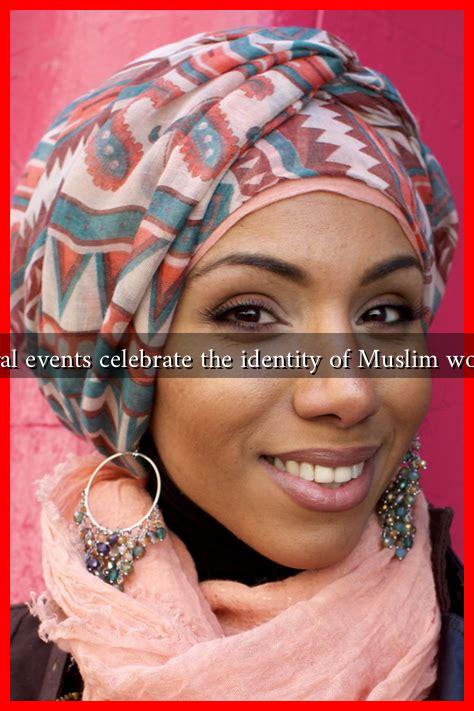-
Table of Contents
How Do Cultural Events Celebrate the Identity of Muslim Women in Hijabs?
The hijab, a traditional headscarf worn by many Muslim women, is often a symbol of faith, identity, and empowerment. Cultural events play a significant role in celebrating the identity of Muslim women who choose to wear the hijab, providing a platform for expression, community building, and cultural exchange. This article explores how these events contribute to the celebration of identity among Muslim women in hijabs, highlighting various examples and insights.
The Significance of the Hijab
The hijab is more than just a piece of clothing; it represents a deep-rooted cultural and religious significance for many Muslim women. It serves as a means of modesty, a symbol of faith, and a marker of identity. The choice to wear the hijab can be influenced by various factors, including personal beliefs, cultural heritage, and social environment. Understanding this significance is crucial when examining how cultural events celebrate the identity of Muslim women.
Cultural Events as Platforms for Expression
Cultural events provide Muslim women in hijabs with opportunities to express their identities and share their stories. These events often include:
- Fashion Shows: Events like the “Muslim Fashion Week” showcase the creativity and diversity of Muslim women’s fashion, highlighting how hijabs can be styled in various ways while maintaining modesty.
- Art Exhibitions: Art showcases featuring works by Muslim women can explore themes of identity, faith, and culture, allowing for personal narratives to be shared through visual mediums.
- Conferences and Workshops: Events focused on empowerment and education often include discussions on the experiences of Muslim women, providing a platform for dialogue and understanding.
Case Studies: Celebrating Identity Through Events
Several cultural events around the world have successfully celebrated the identity of Muslim women in hijabs. Here are a few notable examples:
- Muslim Women’s Day: Celebrated annually on March 27, this event highlights the contributions of Muslim women across various fields. It encourages community engagement and raises awareness about the challenges they face.
- Hijab Day: Initiated by the non-profit organization “World Hijab Day,” this event invites women of all backgrounds to wear the hijab for a day, fostering understanding and solidarity with Muslim women.
- Islamic Arts Festival: Held in various cities, these festivals often feature performances, art displays, and workshops that celebrate Islamic culture, including the role of women in the arts.
Statistics and Impact
Research indicates that cultural events can significantly impact the perception of Muslim women in hijabs. A study conducted by the Pew Research Center found that:
- Over 60% of Americans have a favorable view of Muslim women who wear hijabs when they are exposed to positive representations in media and cultural events.
- Participation in cultural events can enhance the self-esteem and sense of belonging among Muslim women, fostering a stronger community identity.
These statistics underscore the importance of cultural events in shaping perceptions and celebrating the identities of Muslim women in hijabs.
Conclusion: Embracing Identity Through Cultural Celebration
Cultural events serve as vital platforms for Muslim women in hijabs to celebrate their identities, share their stories, and foster community connections. By showcasing the diversity and richness of their experiences, these events challenge stereotypes and promote understanding. As society continues to evolve, the celebration of cultural identities through events will remain essential in empowering Muslim women and affirming their place in the broader cultural landscape.
In conclusion, the hijab is not merely a garment; it is a powerful symbol of identity and faith. Cultural events play a crucial role in celebrating this identity, providing spaces for expression, dialogue, and community building. As we continue to engage with and support these events, we contribute to a more inclusive and understanding society.
For more information on cultural events celebrating Muslim women, visit World Hijab Day.

